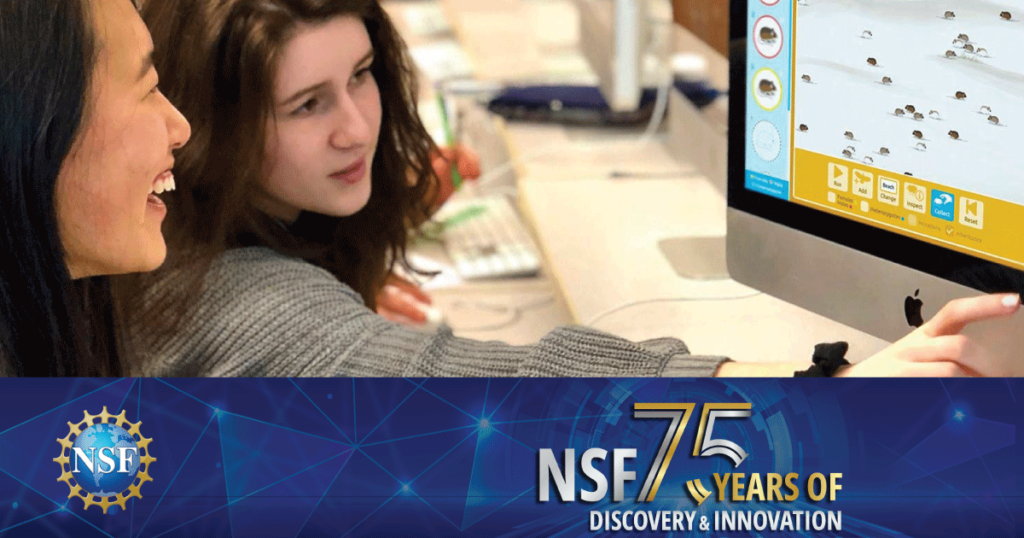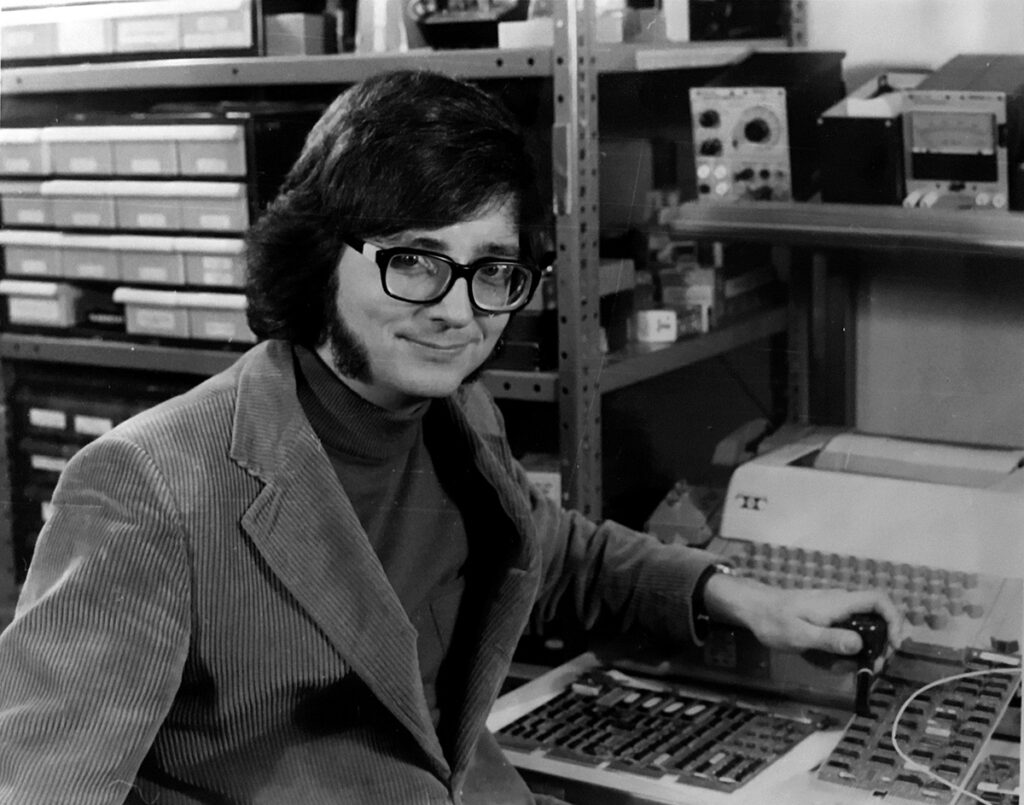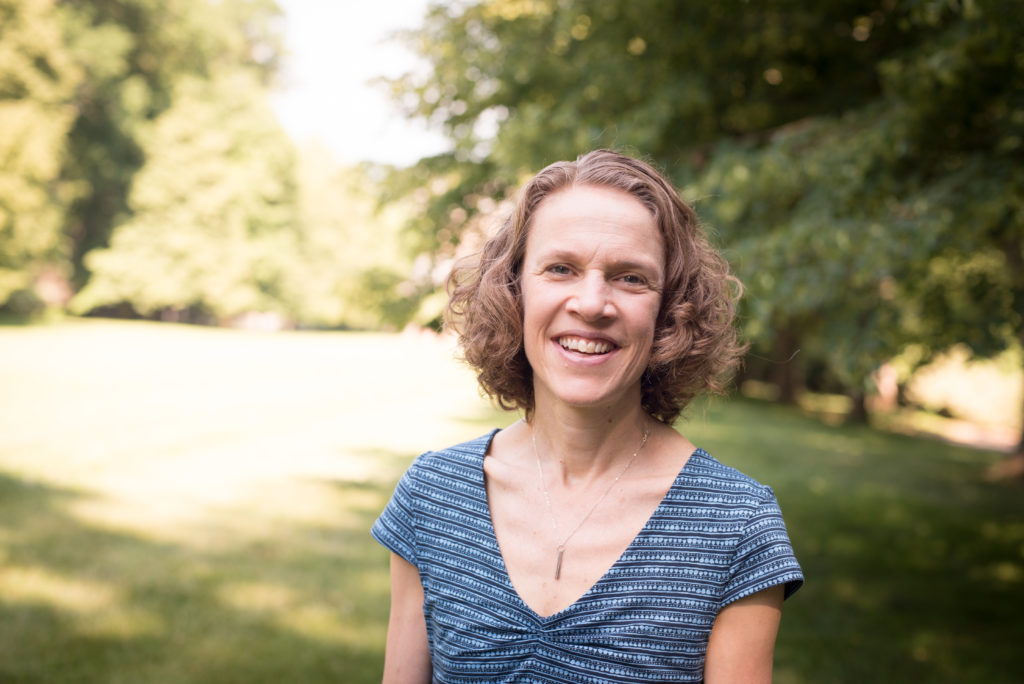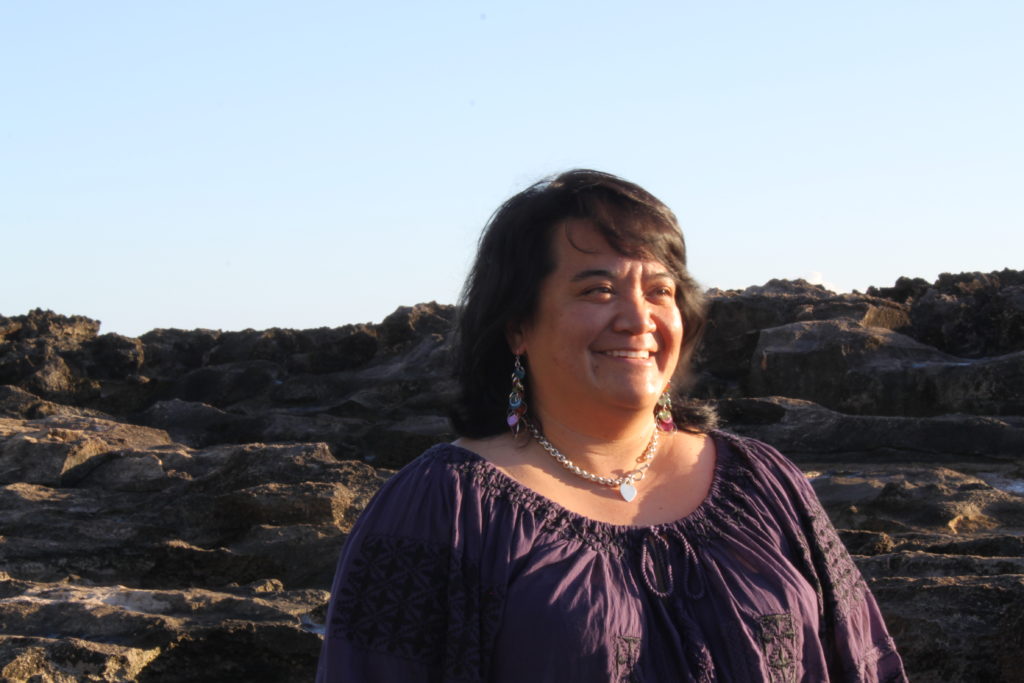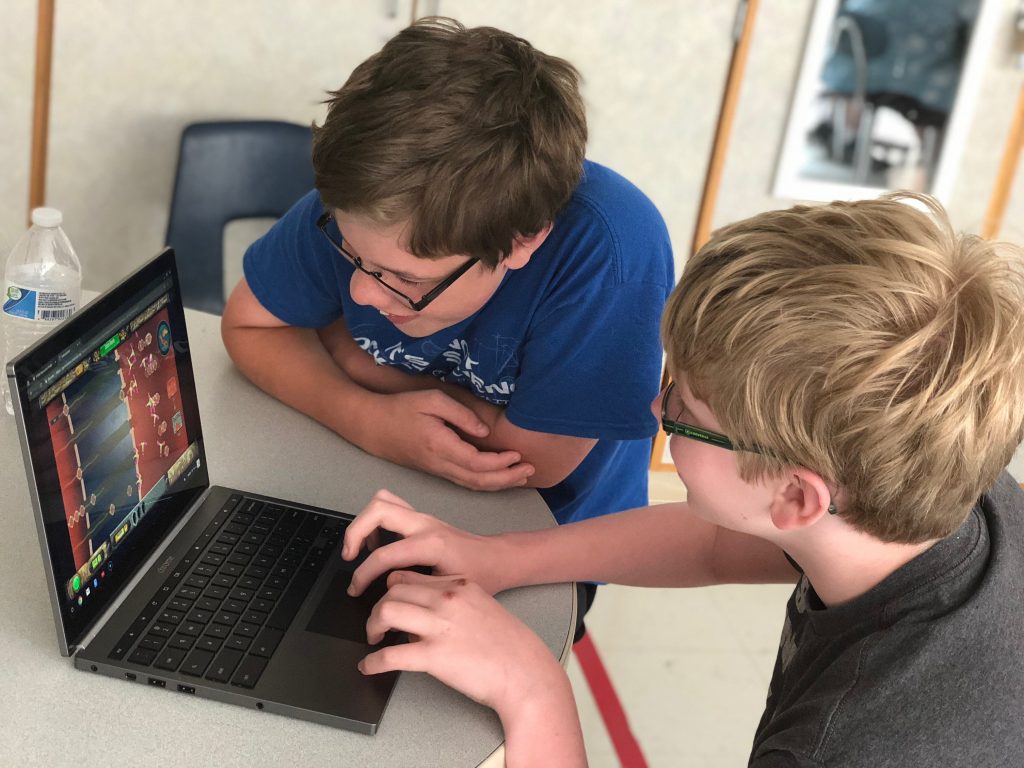Category: Dragon Genetics
On May 10, 2025, the National Science Foundation (NSF) celebrates 75 years of empowering discovery, innovation, and learning. For generations, NSF has supported the ideas and people that have shaped STEM education, research, and opportunity in America. But this milestone is more than a celebration—it’s also a moment for reflection. The gains we’ve made through […]
2024 marks our 30th anniversary. Our origins reach back to a simple beginning, on a single-board computer with a mere one kilobyte of memory. But it’s not about the computer itself—it’s never just the technology. It’s what the computer made possible that matters. When Bob Tinker connected a KIM-1 computer to an expansion board he’d […]
Tara Eppinger is excited by the ways technology and online resources can change the way students learn and help them become better thinkers. She teaches high school biology and chemistry at Durham Academy in North Carolina. “Being able to watch biological or chemical processes occur—versus seeing static images in a textbook,” she says, “allows for a much richer and connected understanding of concepts,” she explains.
Before turning to teaching 9-11th grade, Toni Kaui spent ten years as an architect designing houses for wealthy homeowners. It did not inspire her. “I switched careers because I was tired of all the wasted resources,” she explains. Teaching had “more rewarding outcomes.” For her and for her students.
Barbara Algarin was a chemistry major who also tutored other students in chemistry while in college and afterwards. “I had always dreamed of becoming a veterinarian, but I felt I was good at helping others in school. Then my mom mentioned that New York City was looking for people to become teachers,” she explains. Feeling at a crossroads and wanting a change, Barbara applied for a New York City Teaching Fellowship, a program that prepares applicants to teach high-needs subjects such as science in New York City classrooms. The first time she applied, they lost her application. She persisted, and applied again the following year and was accepted.
How do dragons inherit wings and horns? What role do proteins play in dragons with translucent white scales? During a weeklong summer “camp” in Maynard, Massachusetts, designed for middle school students interested in online gaming and genetics, nine students in grades 6-8 played Geniventure to find out. They also applied genetics concepts to solve puzzles, […]
How well do students learn genetics concepts using Geniverse in their high school biology class? Scarlett, the Geniverse female avatar, and Arrow the dragon journey to the remote Drake Breeder’s Guild. With funding from the National Science Foundation, we sought to understand the contributions and challenges of teacher implementation of digital games by studying Geniverse, […]
Can dragons get cancer? Students in Dr. Ludmila Tyler’s Biochemistry Molecular Genetics and Genomics course at the University of Massachusetts, Amherst asked this question last semester. As part of their course work, they used our Geniverse software to study dragon genetics and develop new genes, mutant alleles, and phenotypes based on investigations of scientific literature. […]
Our dragon genetics games have engaged thousands of students for many years. In that time, teachers have asked for an easy way to track their students’ progress and performance. Until now, teacher reports have been difficult to pull out of our system and impossible to parse in real time. The GeniGUIDE project, in partnership with […]
University of Michigan School for Environment and Sustainability, Flickr (CC-BY-2.0) A breakthrough in medical research has allowed a team of scientists to edit the DNA of human embryos to repair a version of a gene that causes cardiomyopathy, a genetic disease resulting in heart failure. While some see this genome editing technology—known as CRISPR—as a […]
